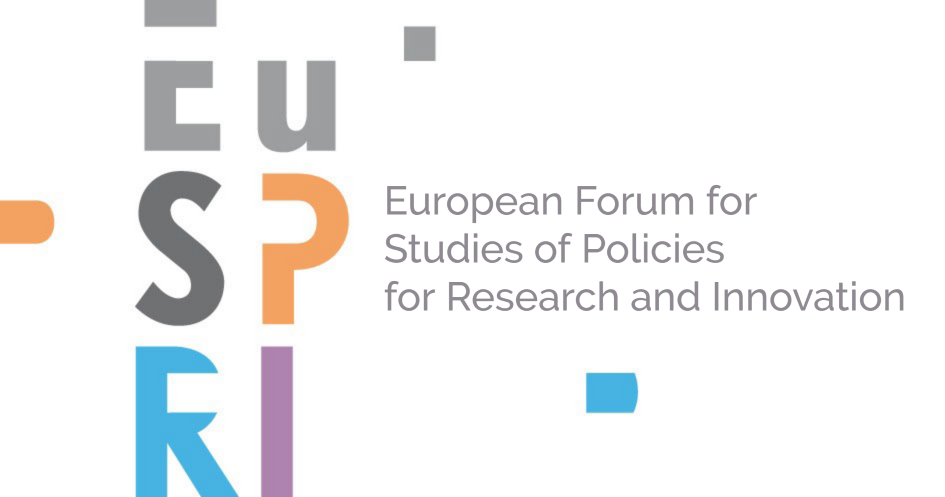Lindberg, Malin (Malmö (SE) Malmö University)
Academic policy support of social innovation for sustainable transitions
Authors: Malin Lindberg, Lucas Haskell, Maria Wolmesjö, Per-Anders Hillgren
Keywords: Higher Education Institutions, Social Innovation, Engaged University Model, Sustainable Transitions
Abstract
Higher education institutions (HEIs) play a crucial role in science, technology and innovation (STI) policies, by providing new knowledge and solutions through research, education and collaboration. As part of this, HEI’s support researchers, teachers and students in making practical use of their competencies and findings through societal engagement, cross-sectoral collaboration, community engagement, spin-off ventures, etc. Up till now, European HEI’s have mainly addressed innovation by moving from a Humboldtian university model – with a focus on separating academia from government and industry – to an entrepreneurial university model – with a focus on technology transfer, commercial entrepreneurship and academic-industrial collaboration (Brundenius et al. 2017, Burke et al. 2024). When moving towards an engaged/developmental university model – with a focus on societal challenges and sustainable development – this narrow approach to innovation is considered insufficient (ibid). The notion of the developmental university refers to HEI’s “committed in diverse ways to social inclusion through knowledge and, more generally, to the democratization of knowledge” (Arocena & Sutz 2017:60). The notion of the engaged university recognizes, in turn, academic engagement “on a wide range of topics with local communities, using these communities as labs to test new ideas and find better ways to achieve social and economic goals” (Breznitz & Feldman 2012:141).
Against this background, several HEI’s have started to reorient themselves towards a wider and deeper societal engagement, propelled by demands from policy makers and research funders on improved societal relevance and impact of research (Brundenius et al. 2017, Göransson et al. 2021). In this track, we especially focus on increased academic engagement in social innovation, i.e. in the development of novel solutions that are social both in their ends and in their means. This refers to “new ideas (products, services and models) that simultaneously meet social needs (more effectively than alternatives) and create new social relationships or collaborations” (Mulgan & Pulford 2010:17-18). Social innovation is considered crucial in the transition to sustainable societies, by offering novel approaches to societal challenges and the global sustainable development goals of the 2030 Agenda (Millard 2018) as well as a better understanding of the process by which social systems adapt or transform (Westley 2018). More specifically, the track focuses on academic policy support of social innovation for sustainable transitions. This includes, but are not limited to:
• Strategic policy documents of HEI’s, supporting academic engagement in social innovation for sustainable transitions.
• Support programs for researchers, teachers, students in developing, implementing and disseminating novel solutions with societal impact.
• Academic nodes and forums for cross-sectoral collaboration on novel solutions to societal challenges and sustainable development.
• Academic courses on social innovation/entrepreneurship, sustainable development, community work/engagement, etc.
• Encouragement of citizen and community engagement in research, education and education.
This focus is in line with the OECD agenda for transformative STI policies, identifying six orientations that consider the value of such policies being more: 1) Directed toward addressing economic and societal challenges, 2) Driven by broad-based values, 3) Attentive to scaling up and diffusing multiple forms of innovation, 4) Active in promoting phase-out of harmful technologies, 5) Systemic and coordinated across multiple levels, and 6) Experimental and agile (OECD 2024).
In the track, we welcome presentations of both full and early-stage research on various forms and processes of academic policy support of social innovation for sustainable transitions. The submissions can have an empirical, theoretical or conceptual approach. We hope to receive contributions spanning from the Global South to the Global North.
